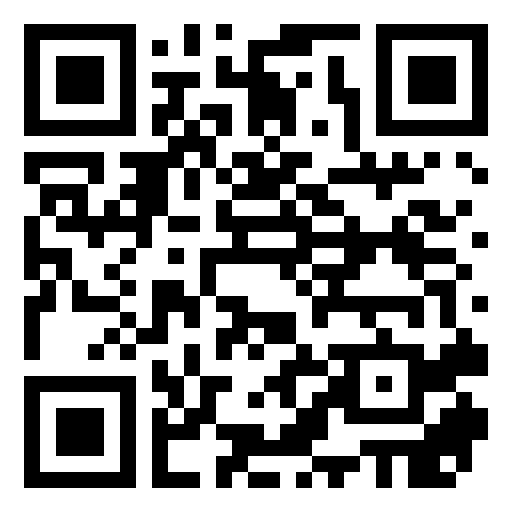Background: Diabetes is signalized by immedicable hyperglycemia with discompose of protein, fat and carbohydrate metabolism and is connected with most ordinary long-term diabetes associated with damage. The mechanism of diabetes resistance is not understood but, it is set to be correlated with oxidative stress, environmental, genetic, habitual, inflammation. Objective: The objective of the paper is to study the mechanisms involved in insulin resistance. Methods: Selection of data has been done by studying combination of research and review papers from different databases like PubMed, NCBI and Web of Science from the year 1985- 2019. Results: Based on the literature review, insulin resistance increases the demand for a higher beta-cell activity for insulin release, increasing the probability of cell dysfunction and failure. It can be interpreted that insulin resistance emanates from assorted factors. The exact mechanism of resistance is not clearly defined but it is postulated or different theories that beta-cell exhaustion may lead to hypersecretion of insulin. The various molecular mechanisms are responsible for insulin resistance and eventually which leads to diabetes. The mechanism is said that the higher concentration of fatty acids metabolites activates a cascade of serine kinase which intern alters the signaling process. Oxidative and metabolic stress can cause oxygenation in various regions. Conclusion: There is an intensive need for novel approaches to minimize insulin resistance in diabetes. Though the prophylaxis of disease is quite developed, there is a greater need for researches regarding herbal medications for diabetes and the utilization of advanced medical devices.
